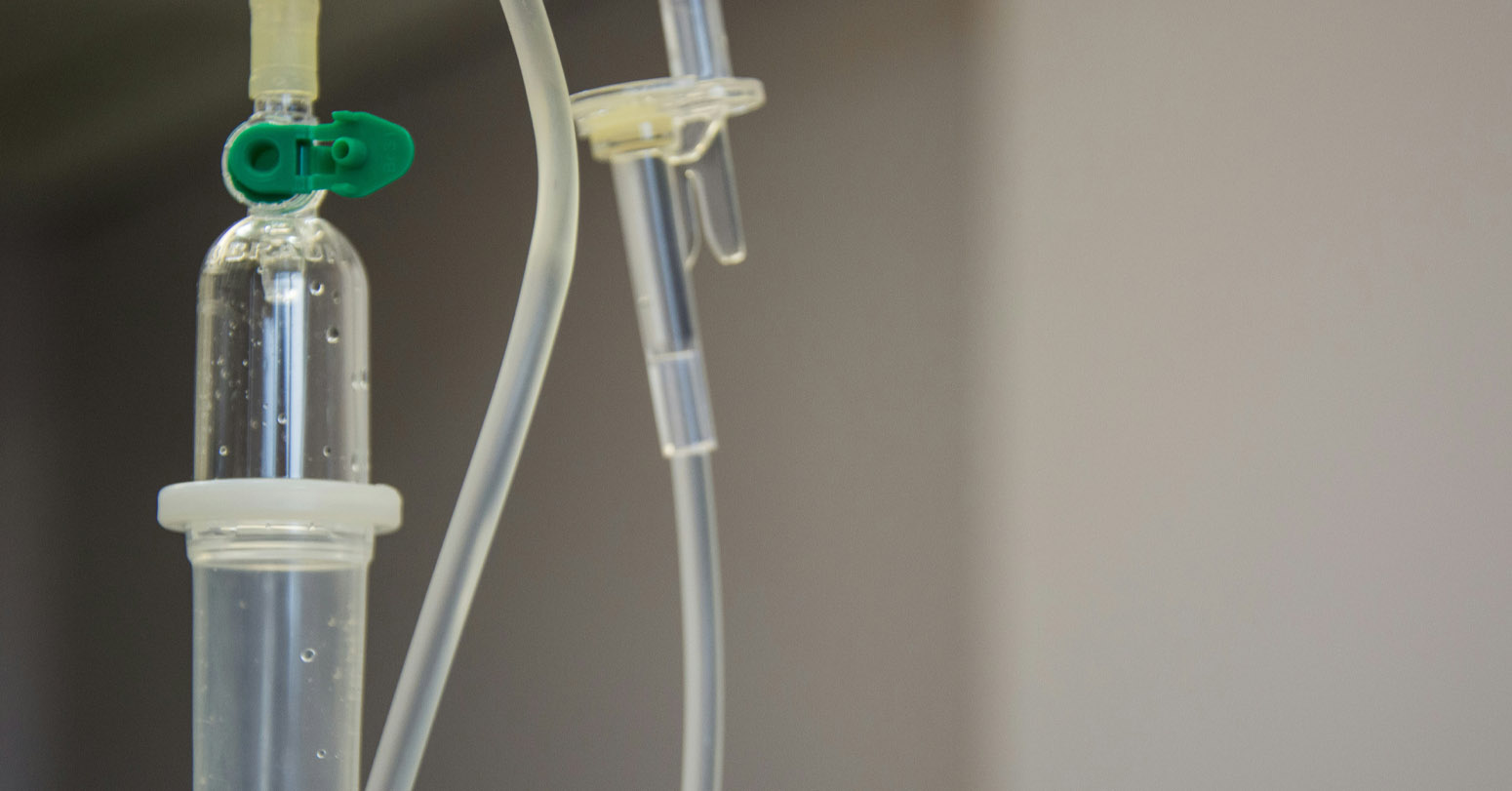Cold weather is tough on everyone's skin.
Adding moisture to skin helps, but you can follow some expert tips to treat your skin. Here are some tips to help reduce dryness, chapping and redness of your skin due to cold weather. You can keep your skin healthy and comfortable until spring arrives:
Avoid hot water for bath:
While a hot bath or shower can be tempting and relaxing in the winter, it can strip your skin of natural oils. Use lukewarm water instead of hot water while bathing as well as, when you wash your face or hands.
Choose your moisturizer according to skin type:
You must choose the best winter moisturizer according to your skin. The same old moisturizer you use year round may be the one for cold and dry months. A thicker formula is not always better when it comes to moisturizers. If you have oily skin or you are prone to breakouts, you must avoid petroleum or oil-based moisturizers. You can opt for moisturizers that have lipids in their formula.
If you have severely dry skin, you might try adding an emollient moisturizer that seals in moisture, before applying your moisturizer .
Don’t forget the sunscreen:
Sunscreen is not only for summer days . Winter sun can also seriously damage your skin. So, applying sunscreen to your exposed skin is a must. You must apply your sunscreen about 30 minutes before you step outside. Reapply your sunscreen every 2-3 hours if you stay outside for a long time.
Limit your time under the sun:
Avoid sitting outside between 10 am to 4 pm when the sun is harsher. Many people think sitting under the sun for long hours helps our body to synthesize vitamin D but in fact, the harsh UV rays from the sun can do more harm than good to our skin. Both ultraviolet A (UVA) and ultraviolet B (UVB) radiation cause cell damage that can lead to skin problems as well as skin cancer.
Even if you have carefully practiced sun safety all summer, it's important to continue being vigilant about your skin in winter.
Humidifiers can work wonder:
When the humidity level drops it directly shows on your skin. Cold temperatures and low humidity levels result in dry air that draws moisture away from the skin. Harsh winter winds and dry indoor heat can make the problem worse and lead to cracked and even bleeding skin. Skin conditions such as eczema or psoriasis may also flare up during these cold, dry months. Adding moisture to the air with the help of humidifiers can be beneficial especially in winter.
Know when to call on an expert:
Seeing a dermatologist, even once is a, good investment. They can analyze your skin type, troubleshoot your current skin care regimen, and give you advice on the skin care products you should be using. They can also provide medication to address specific skin concerns. It is important to monitor your skin regularly and take note of any new moles or growths, and any changes in existing growths. And if you notice any concerning changes in your skin, it is very important to see a dermatologist right away.

















Comprehensive Data Protection Law Critically
Gender Differences In Mental Healthcare
Messi Wins Best FIFA Men’s
Erosion of Democracy
Fly Dubai Catches Fire in
“Complexities of the South Asian